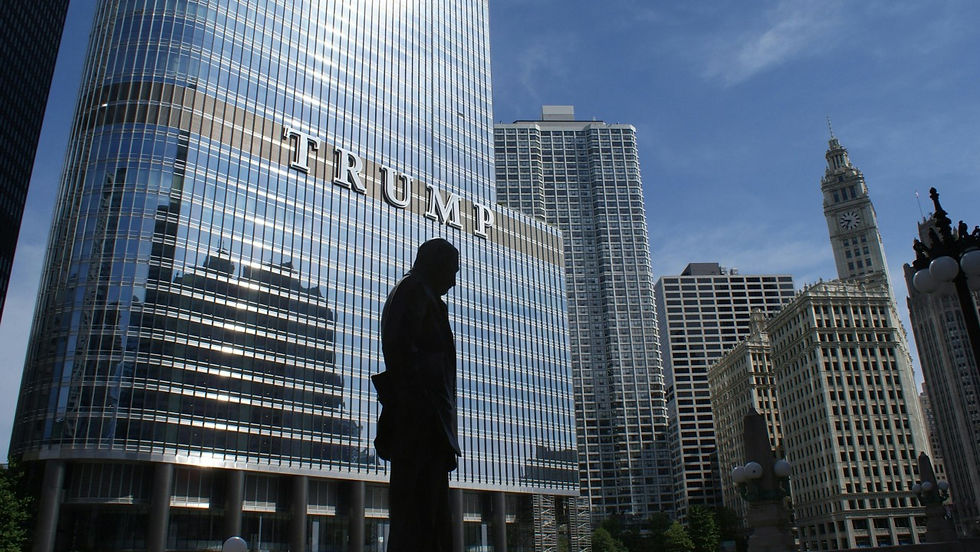Jenrick Strikes Back
- Jun 9, 2025
- 3 min read
In recent days, Robert Jenrick has traded in the sombre tones of a Westminster suit for the rugged textures of a flannel shirt. With it he has cast off the constraints of his usual day job of speeches and policy briefings - in favour of something more theatrical: vigilante politics.
The former immigration minister made headlines after posting a video of himself confronting fare dodgers on the London Underground. In the now widely shared clip, Jenrick switches between quizzing the fare dodgers of the Capital’s transit system to narrating the issue at large.
It’s the kind of stunt rarely seen outside of late-stage election cycles or a Chris Hanson-esque reality TV show. It is bizarre, and strange to watch, but it is very, very, eye-catching.
With the media increasingly being briefed by disgruntled Conservative insiders about Kemi Badenoch’s lack of policy direction and her aimless leadership, Jenrick has seen an opening. His tube-side hustle is less about fare evasion and more a bid to present himself as the alternative: an action-man, in the true sense of the word. While Badenoch appears locked in endless internal reviews and strategic recalibrations, Jenrick has taken a more direct approach to capturing public attention.
If you have flicked through the papers or scrolled through Twitter/X, it is quite clear that the public is divided on the stunt: shameless PR, or a noble man on an urban crusade?
To understand why Jenrick has taken to social media justice, you, first, have to understand the issue of fare dodging.
Most crime happens away from the eyes of the general public. Yes, occasionally you hear horror stories of someone you know’s house being burgled, and (especially if you live in London) you will hear of peoples phones being snatched. But you rarely, if ever, will be a victim of crime or even see a crime.
On any commute in a major city in the UK it is very likely that at least once you will see someone barge through the ticket barriers. It is a crime that people going about their business are likely to see and as a result it can become the focal point for their anger towards the issue of “crime”.
And this is significant. According to current YouGov data, crime is the most important issue to 24% of the population, the fourth most significant after the economy, immigration, and health.
Jenrick’s vigilante antics are spurred on by him quite correctly recognising that the fare-dodging is often the talismanic crime in people’s eyes, and it is also one that the people frustratingly never see the authorities clamp down on.
It is shrewd politicking by him, painting himself as the man who can act, someone who stands in stark comparison to the bureaucratic Starmer and the sit-on-your hands Kemi.
The difference with Badenoch is perhaps the most striking. Her tenure as leader can be summarised as bruisingly stagnant, particularly after the party’s brutal local election results in May. Allies insist she is playing a long game, preparing detailed policy and avoiding gimmickry. But to some within the party, her silence does not look like strategy and has grown to become a significant source of frustration. With no clear economic plan, no new stance on crime or immigration, and no galvanising message for either the party or the public, her leadership risks being defined by absence.
Into this void strides Jenrick, flannel-shirted and flanked by fare dodgers. His message - that the state must “reassert itself” - may resonate with a party base tired of managerialism and desperate for something that feels like moral clarity.
Of course, critics will argue this is little more than cosplay - that Jenrick isn’t Batman, but merely a man who is juiced up on Ozempic. But to the quiet Conservative majority of this country, his action-man stunt could resonate with their tough stance on law and order and a return to proper values.




Comments